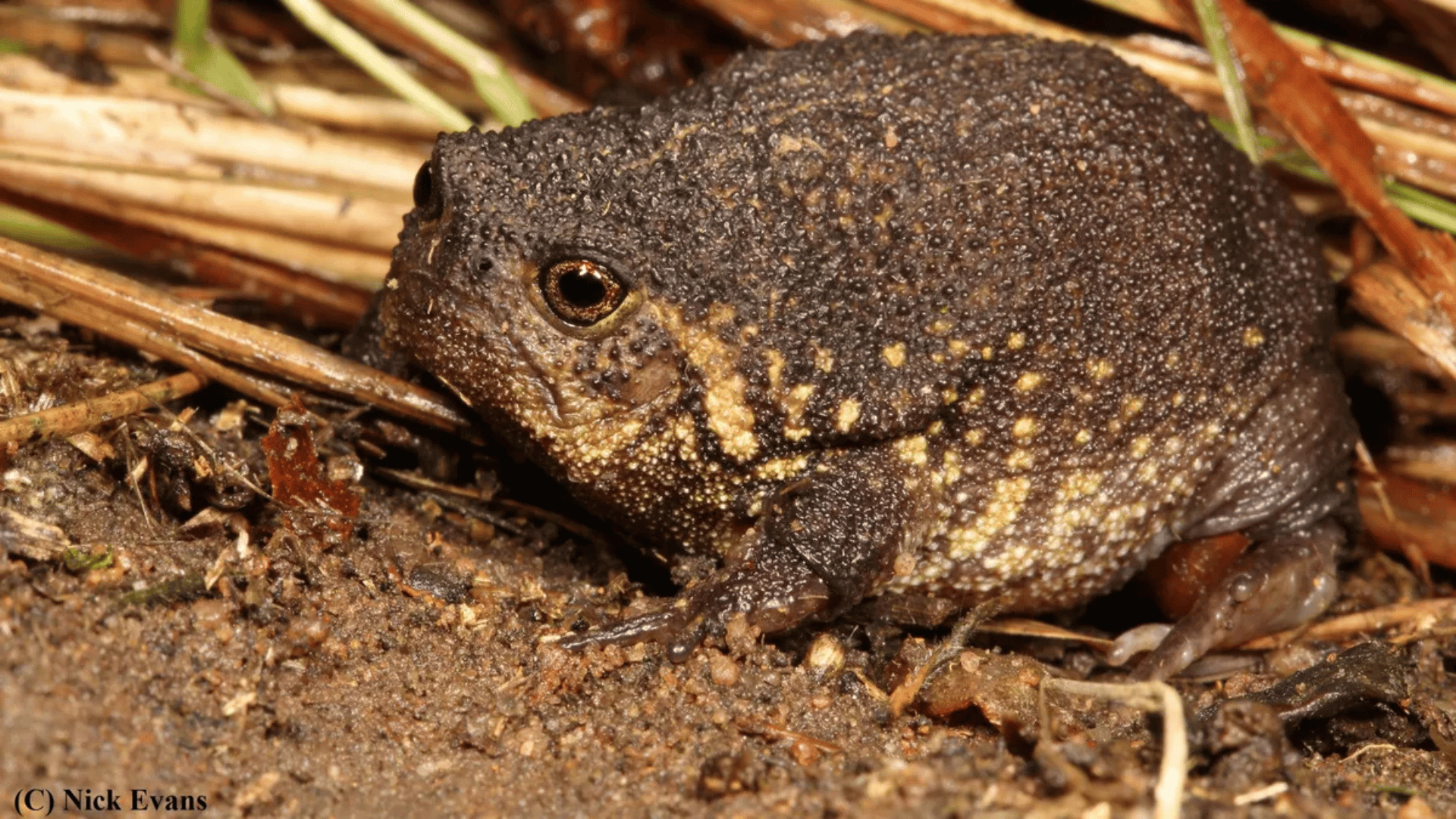URB, a sustainable urban planning company from Dubai, unveiled its plans to develop Africa’s most sustainable city in South Africa. Named THE PARKS, the 1,700-hectare city will be able to host 150,000 residents.
The smart city will produce 100 percent of its energy, water, and food onsite to become a self-sufficient destination. As Baharash Bagherian, the CEO of URB, explained, “THE PARKS is innovatively planned with the highest standards of sustainability to create a car-free community & a unique zero carbon destination. THE PARKS is designed from its landscape to provide the happiest & healthiest ecosystem.”

Green Planning & Design
In order to promote social sustainability, green spaces are the heart and arteries of the entire city. A five-kilometer-long green spine connects the buildings and parks, giving residents easy access to the city. The landscape includes outdoor fitness stations, outdoor sports courts, over 32 kilometers of dedicated running, cycling, and equestrian tracks, and more.
THE PARKS implements holistic water-sensitive urban design strategies and engineered natural areas to minimize stormwater discharge, mitigate flooding, and create habitats for birds and beneficial insects. These strategies include rainwater gardens, permeable pavement, bio-retention areas, and drought-tolerant planting.
Urban Farming
Thanks to solar-powered air-to-water generators, the city will produce 100 percent of its drinking water onsite. It will also recycle 100 percent of its water for irrigation. For example, rejected brine water from desalination will be used to farm fish and halophytic plants like quinoa.

As for food, THE PARKS will feature scalable farms with high-tech biosaline agriculture, energy, water, and waste solutions. Local urban food production like climate-controlled indoor vertical farming, biodomes, aquaponics, and fish and dairy farms will provide 100 percent of resident caloric intake. Local farming also reduces carbon emissions by eliminating the need for food transportation.
Transportation
Concentrating the highest population in the middle and limiting vehicular access to the ring road creates a more walkable city. Additionally, electric charging stations will be placed around the city to promote the use of electric vehicles.
A high-speed autonomous electric vehicle shuttle further improves mobility, connecting residents to the city’s hubs and facilities. Each shuttle stop is also adjacent to a cycling and buggy station to provide convenient and carbon-emissions-free transportation.
Energy
According to URB, the city will become the largest positive energy community in the world, producing enough energy to supply neighboring communities. THE PARKS will produce renewable energy through a two-way grid system. Homes will be equipped with smart meters, network and security architectures, switching products, and more to create a renewable solar distributed generation grid.
Providing an additional source of energy will be biogas production from organic waste. For example, cooking oil from restaurants will be recycled into biodiesel. Additionally, the city will adopt a zero-waste strategy. This includes creating an efficient waste recycling loop, banning single-use plastics, and using 3D printing technology in construction processes. Fully automated waste collection and recycling plants will further allow for faster and more comprehensive reuse of waste.

Ecotourism
Similar to URB’s Nexgen, the world’s first net-zero city in Egypt, THE PARKS will be a hub for ecotourism. With the surrounding nature, eco-resort, and ecotourism visitor center, URB hopes to promote the city as a unique travel destination.
Sustainable tourism to the city increases employment, provides long-term earning opportunities for the community, and empowers local businesses. THE PARKS can also become an educational experience to teach businesses and people how to create more sustainable cities.
For more of the latest news, check out the world’s first ropeless elevator, the new Panasonic plant, how Rewilding Europe is redefining nature travel, and London’s new electric bus charging system.







